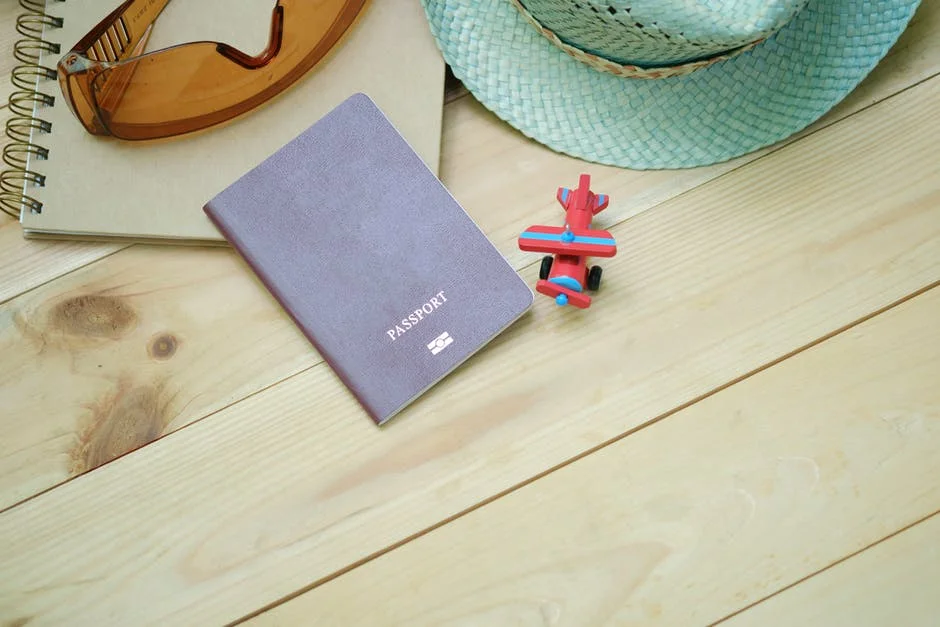The major earthquake that happened in Italy last week should be a reminder to all of us that mother nature needs to stretch every now and then as well. For us, we were especially shaken up because two close family members were vacationing near the affected area in Italy when the earthquake happened.
Focussed on an unplugged vacation, they felt the earth shake around 3:30 in the morning, but didn't understand the shear magnitude of damage and severity until late the following afternoon. They got up at the normal time and went out on an excursion in the ocean. Meanwhile, our family was trying to reach them all day. Not until they got back to their hotel and saw all fo the missed calls did they realize that something wasn't right. A couple quick texts and a Virtual Halo Check In put everyone stateside back at ease.
When you're traveling in an area that has a natural disaster, think about those close to you - chances are they're more worried than you are; make sure to give them peace of mind by knowing you're fine.
If you find yourself in an earthquake, follow the steps below - they could save your life (reprinted from the Earthquake Country Alliance). In most situations, following these precautions will greatly reduce potential for injury.
- Drop - onto your hands and knees (before the earthquake knocks you down). This position protects you from falling, but still allows you to move to safety.
- Cover - your head and neck (and your entire body if possible) under a sturdy table or desk. If there is no shelter nearby, only then should you get down near an interior wall (or next to low-lying furniture that won't fall on you), and cover your head and neck with your arms and hands.
- HOLD ON - to your shelter (or to your head and neck) until the shaking stops. Be prepared to move with your shelter if the shaking shifts it around.
The area near the exterior walls of a building is the most dangerous place to be. Windows, facades and architectural details are often the first parts of the building to collapse. To stay away from this danger zone, stay inside if you are inside and outside if you are outside.
Indoors: Drop, Cover, and Hold On Drop to the floor, take cover under a sturdy desk or table, and hold on to it firmly. Be prepared to move with it until the shaking stops. If you are not near a desk or table, drop to the floor against the interior wall and protect your head and neck with your arms. Avoid exterior walls, windows, hanging objects, mirrors, tall furniture, large appliances, and kitchen cabinets with heavy objects or glass. Do not go outside!
In bed: If you are in bed, hold on and stay there, protecting your head with a pillow. You are less likely to be injured staying where you are. Broken glass on the floor has caused injury to those who have rolled to the floor or tried to get to doorways.
In a high-rise: Drop, Cover, and Hold On. Avoid windows and other hazards. Do not use elevators. Do not be surprised if sprinkler systems or fire alarms activate.
Outdoors: Move to a clear area if you can safely do so; avoid power lines, trees, signs, buildings, vehicles, and other hazards.
Driving: Pull over to the side of the road, stop, and set the parking brake. Avoid overpasses, bridges, power lines, signs and other hazards. Stay inside the vehicle until the shaking is over. If a power line falls on the car, stay inside until a trained person removes the wire.
In a stadium or theater: Stay at your seat and protect your head and neck with your arms. Don't try to leave until the shaking is over. Then walk out slowly watching for anything that could fall in the aftershocks.
Near the shore: Drop, Cover, and Hold On until the shaking stops. Estimate how long the shaking lasts. If severe shaking lasts 20 seconds or more, immediately evacuate to high ground as a tsunami might have been generated by the earthquake. Move inland 3 kilometers (2 miles) or to land that is at least 30 meters (100 feet) above sea level immediately. Don't wait for officials to issue a warning. Walk quickly, rather than drive, to avoid traffic, debris and other hazards.
Below a dam: Dams can fail during a major earthquake. Catastrophic failure is unlikely, but if you live downstream from a dam, you should know flood-zone information and have prepared an evacuation plan.
Additionally, we recommend that you and your entire family have Virtual Halo installed and active on your cell phone. By sending a Check In, you're able to let your family know where you are in case you get separated, and they'll know you're ok.










